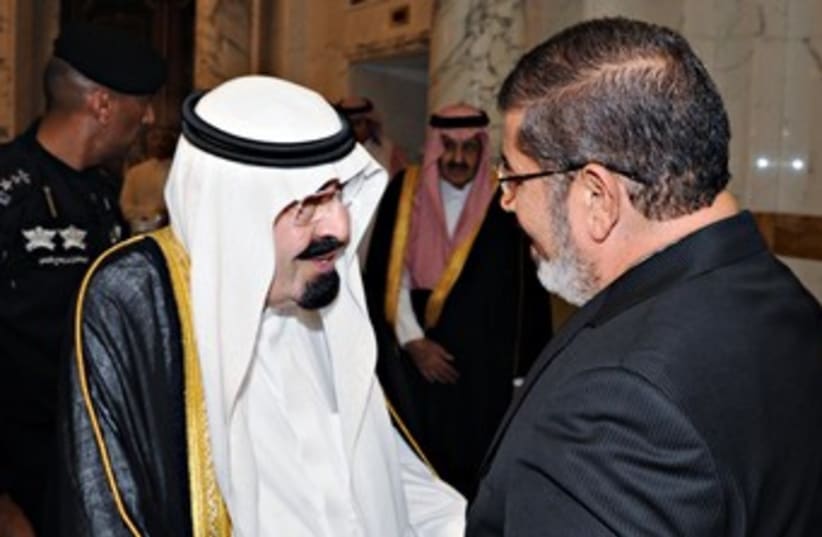The streets of Cairo were quieton Tuesday but Morsi's Muslim Brotherhood movement called for more protestslater in the day, raising the risk of further violence.
Under pressure to restore democracy quickly, Adli Mansour, the judgenamed head of state by the army when it brought down Mursi last week, decreedovernight that a parliamentary vote would be held in about six months. That would be followed by a presidential election.
In an important positivesignal for the transitional authorities, the ultra-orthodox Islamist Nour Partysaid it would accept ex-finance minister Samir Radwan as prime minister,potentially paving the way for an interim cabinet. The stakes were raiseddramatically by the bloodshed on Monday, the worst since Morsi was toppled bythe military. The army opened fire outside Cairo's Republican Guard barrackswhere the deposed leader is believed to be held.
The bloodshed has also raisedalarm among key donors such as the United States and the European Union, aswell as in Israel, with which Egypt has had a US-backed peace treaty since1979. Officials said troops fired in response to an attack by armed assailants.The protesters disputed that account, insisting they were conducting peacefuldawn prayers.
Mansour decreed that Egypt will hold new parliamentary elections onceamendments to its suspended constitution are approved in a referendum. In whatappeared to be an olive branch to Islamists, the decree included controversiallanguage put into the constitution last year that defined the principles ofIslamic sharia law.The UAE - long skeptical of the Brotherhood - had pledged billions in aid toEgypt after the fall of Mubarak but held the money back during Morsi's year inpower. The West has had a harder time formulating a public response, after years ofpushing Arab leaders towards democracy while at the same time nervous about theBrotherhood's rise. Demonstrators on both sides in Egypt have chanted anti-Americanslogans, accusing Washington of backing their enemies.Washington has refrained from calling the military intervention a"coup" - a label that under US law would require it to halt aid. Itcalled on Egypt's army to exercise "maximum restraint" but has saidit is not about to halt funding for Egypt, including the $1.3 billion it givesthe military.
